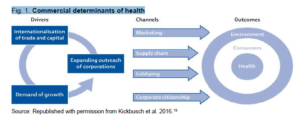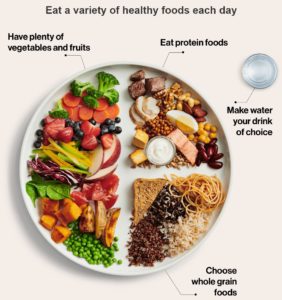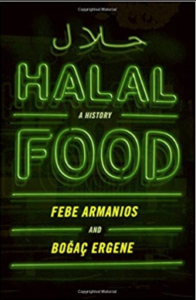My latest honor: “Crankster!”
I don’t usually pay attention to what the American Council for Science and Health (ACSH) says or does, mainly because it is a long-standing front group for the food and chemical industries, and it predictably supports the interests of those industries over public health (see US Right to Know’s analysis).
But then I read this from the Center on Media and Democracy: Corporate Front Group, American Council on Science and Health, Smears List of Its Enemies as “Deniers for Hire.”
Smeared by the site are scientists Tyrone Hayes, Stephanie Seneff, and Gilles-Éric Séralini; New York Times reporter Danny Hakim and columnist Mark Bittman; well-known food and science writer Michael Pollan; nutrition and food studies professor Marion Nestle; public interest groups like U.S. Right to Know, Greenpeace, Natural Resources Defense Council (NRDC), Sierra Club, the Environmental Working Group, and Union of Concerned Scientists; past and present CMD staff, and many other individuals ACSH does not like.
Clearly, I’m in good company. But what, exactly, have I—a “Crankster,” apparently—done to deserve this honor? It seems that I:
- Support organic foods. Yes, I do. They are far better for the environment. I explain why I favor organics in my book, What to Eat (2006).
- Express concerns about the safety of glyphosate. Guilty as charged, and I’m not the only one; the International Agency for Cancer Research says glyphosate (Roundup) is likely to be carcinogenic.
- Joined in attacks on Kevin Folta: Sorry—this one baffles me. I don’t recall ever commenting on Dr. Folta or his work (he’s mentioned on this site once, in a list of documents obtained by the New York Times). Perhaps ACSH is referring to my concerns about the aggressive tactics of the GMO industry and its supporters, which I wrote about in detail in my book, Safe Food (2003).
- Express concerns about food chemicals. I am indeed concerned about these chemicals, especially with respect to increasing evidence that they harm soil, beneficial insects (bees in particular), and, perhaps, humans.
- Express concerns about the role of the food industry in promoting unhealthful products. Also, guilty as charged. I write carefully referenced books on this topic, particularly Food Politics (2002) and Soda Politics (2015).
- Express concerns about industry funding of nutrition research. That’s the topic of my most recent, also extensively referenced, Unsavory Truth: How Food Companies Skew the Science of What We Eat.
What can I say? Read my work and decide for yourself if such concerns are justified.

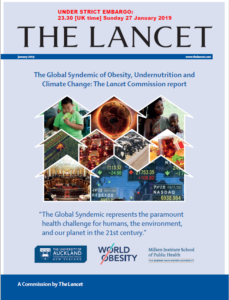
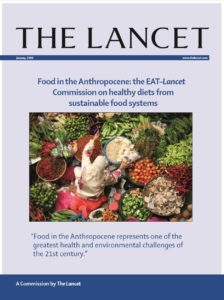
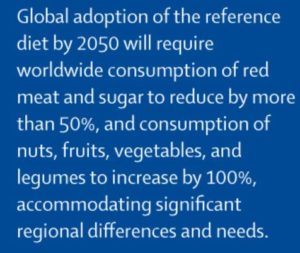
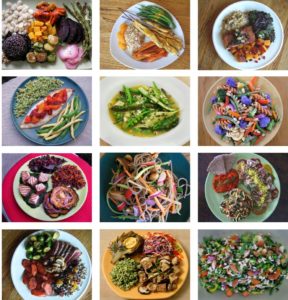 Does this report settle the questions? Hardly. Remember
Does this report settle the questions? Hardly. Remember 